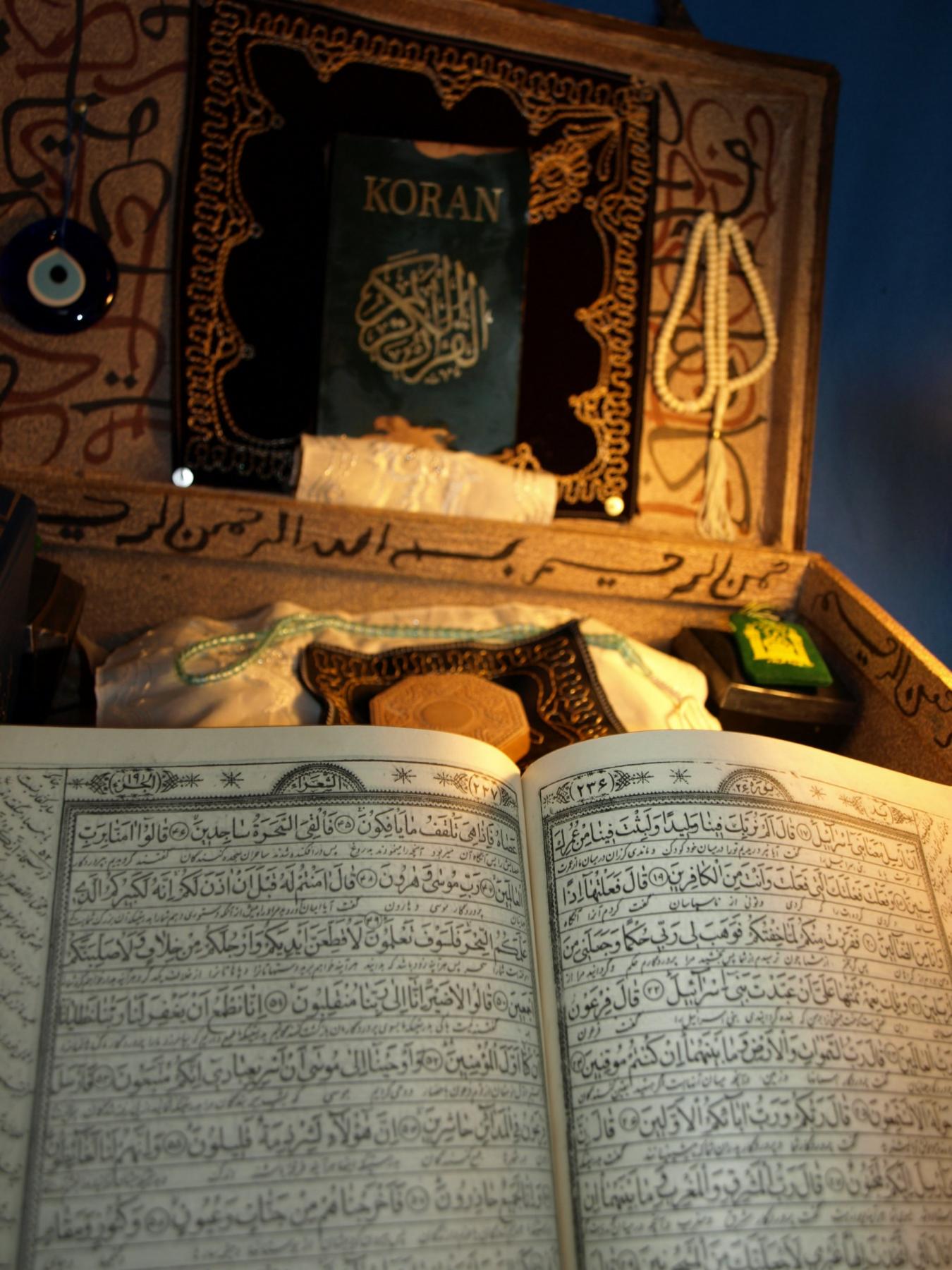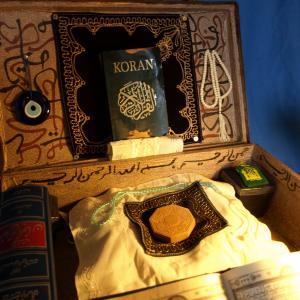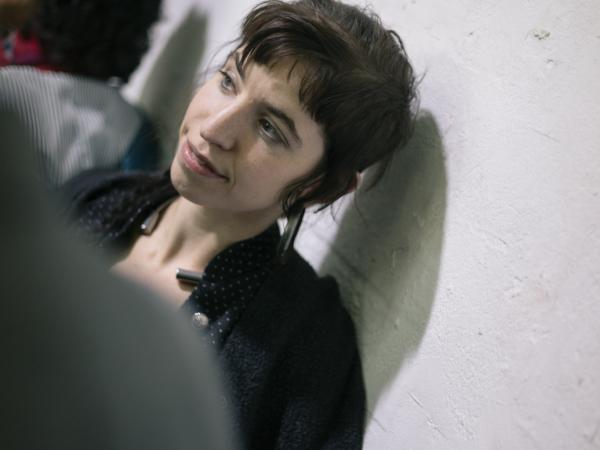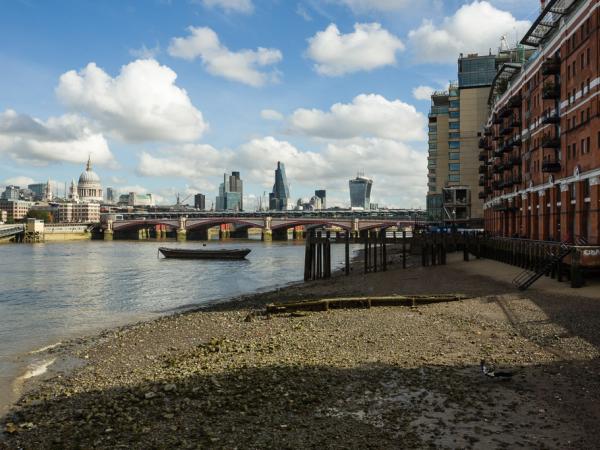The case symbolizes constant migration of Muslim people who are able to pack everything; the minaret, the mosque, the memories... A portable mosque carried in the case caricatures a western view on the issues of migrations and Muslim community. Rituals must be silent, private, they must not disturb anyone, they should take place far away from the public eyes and always being ready to pack their case and go “somewhere else”.
Azan, as the most recognisable element of the Muslim world, represents seemingly and groundless threat to the western world. Despite its peaceful nature (call to prayer), Azan causes negative connotations in the western man and leads to the phenomenon of xenophobia because of the ignorance and one’s poor identification with other cultures and religions which are present among us. On one hand there is an idea of Europe, which is about open borders and mixing cultures but on the other hand open public resistance towards the “different” prevails. The direct connotations made by the sound of Azan are: fear, terrorist attack, jihad, mosque, aggression. A church bell represents a complete opposite of Azan’s connotations despite of the identical functions that both represent: peaceful call to prayer, to the ritual. The place of installation has a particular meaning – city centre of Ljubljana, which is one of the few European capitals that still had not made an effort to provide a suitable gathering place for Muslim prayers despite the fact that, based on the latest statistics, there are 47.488 Slovenian Muslims living in Slovenia.









Comments 1
http://www.aggressivetheatre.com/aktualno_engn.html
Say something